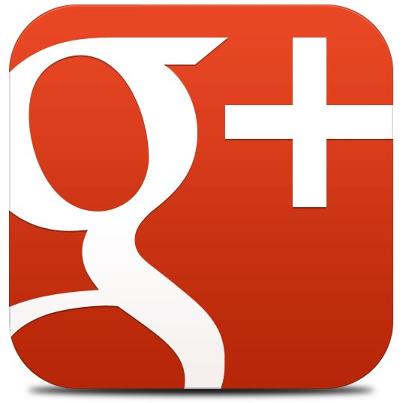
Google+ wins me over
“Bigger is always better” is an expression we’ve become accustomed to over the years and while counter-intuitive it best describes everything that’s wrong with Facebook. The most popular social networking website is the best example of size losing over quality. Are we really satisfied with our Internet alter-ego living in the largest environment or the better one?
The American Customer Satisfaction Index has revealed rather interesting user satisfaction results on Facebook and Google+. Satisfaction is the word of the day and Facebook users don’t really get it, which is curious because there are more than 900 million of them. The satisfaction index rating decreased from 66 in 2011 to 61 in 2012. That's out of 100 points. Surely CEO Mark Zuckerberg should be concerned. Why? The sun shines brighter on Google+, which ranks 78 its first time on the index, equal to Wikipedia.
People don’t like Facebook, They like their Friends
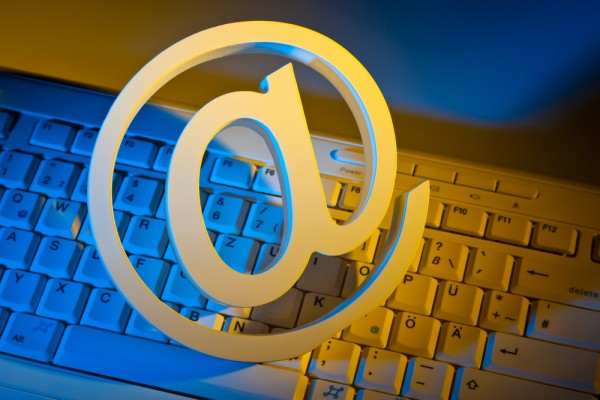
I do not care about Facebook's email service, nor will I use it
Facebook has really made waves among its users by changing the contact email address information in personal profiles.
In a move meant to popularize Facebook's own email service, users have been given an @facebook.com email address with the same address as the one in their personal URL. For instance, now you have [email protected] if you had the URL www.facebook.com/idontcareaboutfacebook. I believe that is the best news Facebook could have given to those 800 million users, and I think it’s the best thing they’ve done so far.

That Facebook account verification email in your inbox is a scam
If the scary email or app notification, and subsequent webpage, is to be believed, you have only a few days to verify your Facebook account or you’ll be out of luck. But don’t worry, a few days later you will magically get a few more days to verify, and so the scam goes.
A Twitter follower with the handle of @chasapple sent us a tip on an app message they received, here’s a screenshot of what happens if you clicked the link.
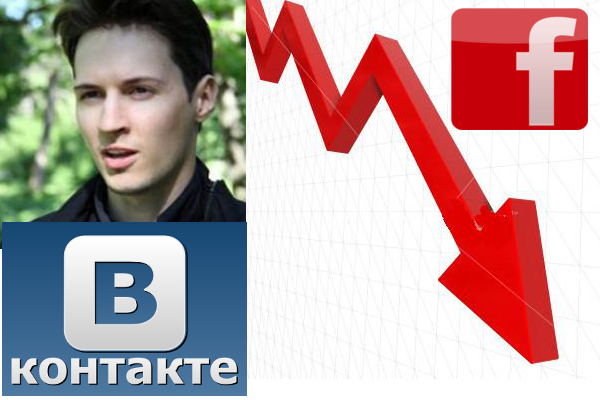
Facebook IPO destroyed investor confidence in social networks, says Vkontakte CEO
Pavel Durov, the outspoken founder and CEO of popular Russian social network VKontakte says the site's initial public offering has been indefinitely postponed due to a chilling effect caused by the Facebook IPO, which has been called the worst performing IPO of the last decade.
VKontakte (VK) is not nearly as large as Facebook in membership, but it has remained one of the top 50 most popular sites in the world for several years, and is Russia's fourth most-popular site altogether.

Are Facebook bankers backers or backstabbers?
What's the measure of Facebook's IPO? MBAOnline sent us a couple of infographics explaining just that (see them below the fold). But I must qualify that they don't take into account downward trends and some nasty behind-the-scenes backstabbing. Late yesterday, writing for Reuters, Alistair Barr reports that ahead of Facebook's Friday IPO, lead underwriter Morgan Stanley reduced revenue forecasts during the roadshow promoting the public offering. JPMorgan Chase and Goldman Sachs did similarly.
Fallen dot-com stock analyst and risen tech news publisher Henry Blodget adds perspective. "This by itself is highly unusual (I've never seen it during 20 years in and around the tech IPO business)", he observes. "But, just as important, news of the estimate cut was passed on only to a handful of big investor clients, not everyone else who was considering an investment in Facebook". Uh-oh, selective disclosure violates SEC rules.
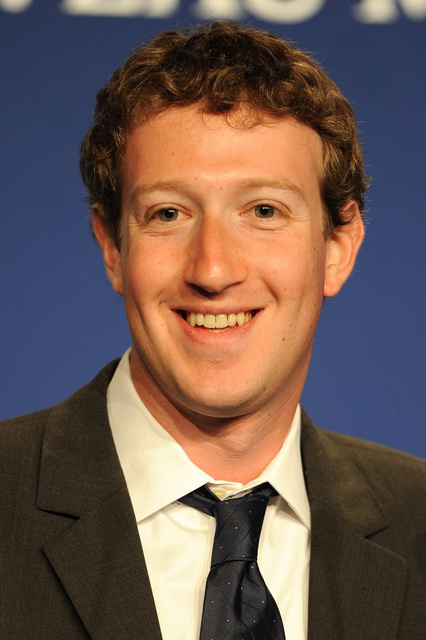
Mark Zuckerberg isn't embarrassed by Facebook's IPO
So Facebook is now a public company but with the shares only one business day old the news is already bad: Facebook shares didn’t pull a Google or a Yahoo or a Microsoft or even a TheGlobe.com and soar out of sight on IPO day. They ended right where they started pretty much after the day traders took their easy profits. And while Wall Street sees this performance as a dud, Facebook itself sees it as a masterful piece of financial engineering.
If you are an investment banker -- and let me re-emphasize that, if you are an investment banker -- you want IPO shares to go up on their first day, rising in price by at least 10 percent though no more than 20 percent. This shows the IPO is hot, the company is booming, yet the offering wasn’t so underpriced that the founders feel cheated. Such IPOs make investors feel happy and happy investors buy and sell more shares and participate in future IPOs.
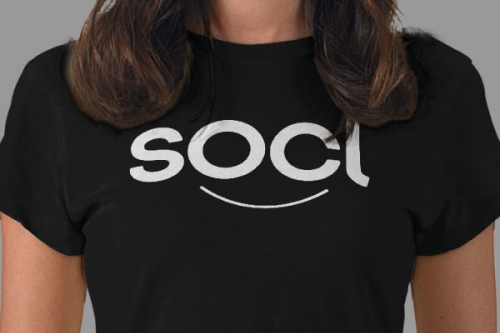
Microsoft Socl opens to all, the social network where search queries = status updates
Microsoft on Monday opened its experimental social search service called So.cl, which lets users socially broadcast their search queries and attached results. Socl is the product of Microsoft's Fuse labs, and has been open to limited user groups at the University of Washington, Syracuse University, and New York University, for the last five months.
Unlike the recent revamp of Bing, which integrates a user's social graph into their search base, Socl is something entirely different. The new service combines the "social broadcasting" aspect of Twitter and applies it to search queries and research.
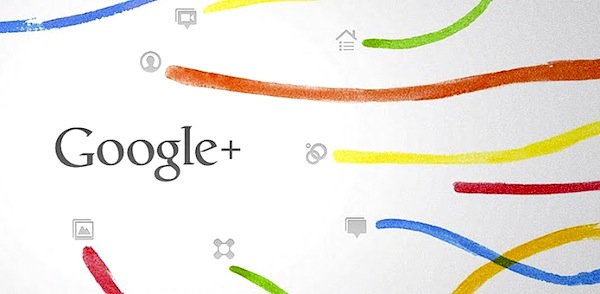
Is Google+ gaining against Facebook on Android?
Ahead of Facebook's Friday IPO, NPD released usage data for Android smartphones. Unsurprisingly, user reach is quite high. In looking over the data, I honed in on Google+, which makes a surprising showing for a social network not even a year old. But behind early adoption is a lesson for Google and Android developers about the app vs browser.
First, the data NPD highlights: Nearly 75 percent of Android users accessed Facebook, via app or browser, in March. But, separately for both, reach declined from February to March. However, the overall trend for the app is up. By comparison, Twitter: 23 percent web, 16 percent app. Google+ reach is 16 percent web, with the app swinging between 10 percent and 15 percent. For all three social networks, web reach exceeds the app.
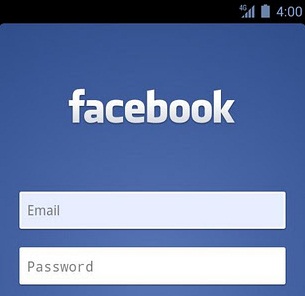
Facebook's IPO is a jackpot for some, despite dark shadow of mobile
Today is Facebook Day, the day when the most-successful-social-network-so-far opened up to public investment and outshone all other American IPOs up to this point.
With shares initially priced at $38, Facebook (FB) opened at $42.99 on the Nasdaq at 11:30am EST on Friday. After a brief delay in trading on Friday, a reported 82 million shares (of 421.2 million) were traded in the first 30 seconds of availability, totaling $116 billion.
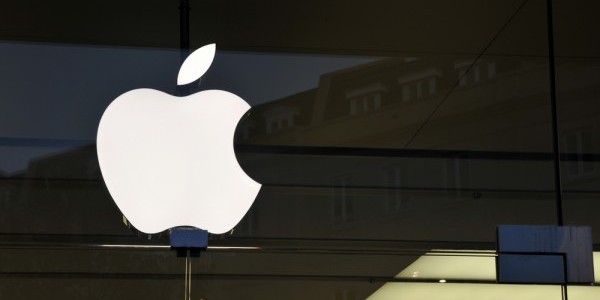
iCloud, iOS 6 and other Apple leaks are all about Facebook's IPO
Apple execs all follow the same party line: They don't talk about forthcoming products. But somebody often does, perhaps coordinated with public relations folks or even careful disclosure from someone on Apple's board. Whom isn't so much important as someone does. As I've observed for years, leaks' timings are fairly consistent -- either to lift the share price or steal some other company's thunderous announcement. I can't help but see both in several seemingly strategic leaks, starting with today's disclosure about iOS 6 features.
The Wall Street Journal reports that iCloud will get new photo- and video-sharing capabilities, which include comments and availability outside Photo Stream -- meaning people don't have to own a fruit-logo product to view them. Apple reportedly is extending photo capabilities, while adding video-sharing as feature set. Today's leak follows another -- this one from 9to5 Mac, claiming Apple will dump Google Maps for its own service in iOS 6. Both leaks communicate that Apple is serious about social cloud services and search, and I don't believe they're coincidentally timed, given Facebook's imminent IPO.

iPhone camera app learns your appearance by your Facebook pics
In the three months ending on March 31, 2012, there were more than 300 million photos uploaded to Facebook every single day. Not only is it a staggering amount of content to organize, but it is also a huge stockpile of graphical data that can actually be put to use.
A new iPhone camera application was released on Thursday to take advantage of this mass of data.
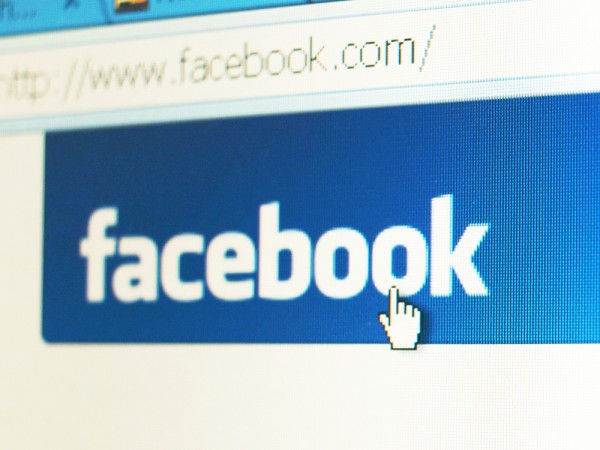
One in 10 US Facebook users don't protect privacy
About 13 million Facebook users in the United States either do not use or do not know about the social network's privacy controls, sharing private information they would not have otherwise. This amounts to one out of every 10 users in the country.
Consumer Reports' study of what we are posting on Facebook should give pause to chronic oversharers. For example, 4.8 million posted publicly where they were going for a day, possibly tipping off a burglar to an empty house; 4.7 million liked a page on a specific health condition or treatment for a disease, which may pique the interest of a prying health insurer.

Facebook opens antivirus download shop to broaden security resources
Popular social network Facebook has partnered with security vendors Symantec, McAfee, Microsoft, Sophos, and Trend Micro in a program to simultaneously improve Facebook's security and broaden the availability of the antivirus software from each of the partners.
Since 2008, Facebook has kept a URL blacklist, and any time a Facebook user posts a link to one of the blacklisted URL, Facebook pops up an interstitial warning page before the browser actually connects off to the suspicious destination. Facebook's parters in this effort included McAfee, Google, Web of Trust, and Websense.

Instagram is worth $1B to Facebook
Yesterday, Facebook announced that it acquired Instagram for $1 Billion. The company is less than two years old, has no revenue, and about a dozen employees. Remember, acquisitions are about what the acquirer can do with the company in the future, not some multiple of revenues or profits today. Why is Instagram worth $1 billion?
Facebook acquired Instagram for about $30 per user, or $1B. ($30/user X 33M users = $1 billion) Facebook is valued at about $100 per user or $80 billion ($100/user X 800M users = $80 billion). Other popular social apps are valued around $20 to $50 per user. The monetization models need to work out about the same to justify the valuations.

Facebook acquires mega-popular Instagram for a cool Billion
Just days after making its big arrival on the Android platform, popular photo-filtering social network Instagram will be acquired by leading social network Facebook.
The acquisition will give San Francisco-based Instagram approximately $1 billion in cash and shares of Facebook. The deal will close later this quarter.
